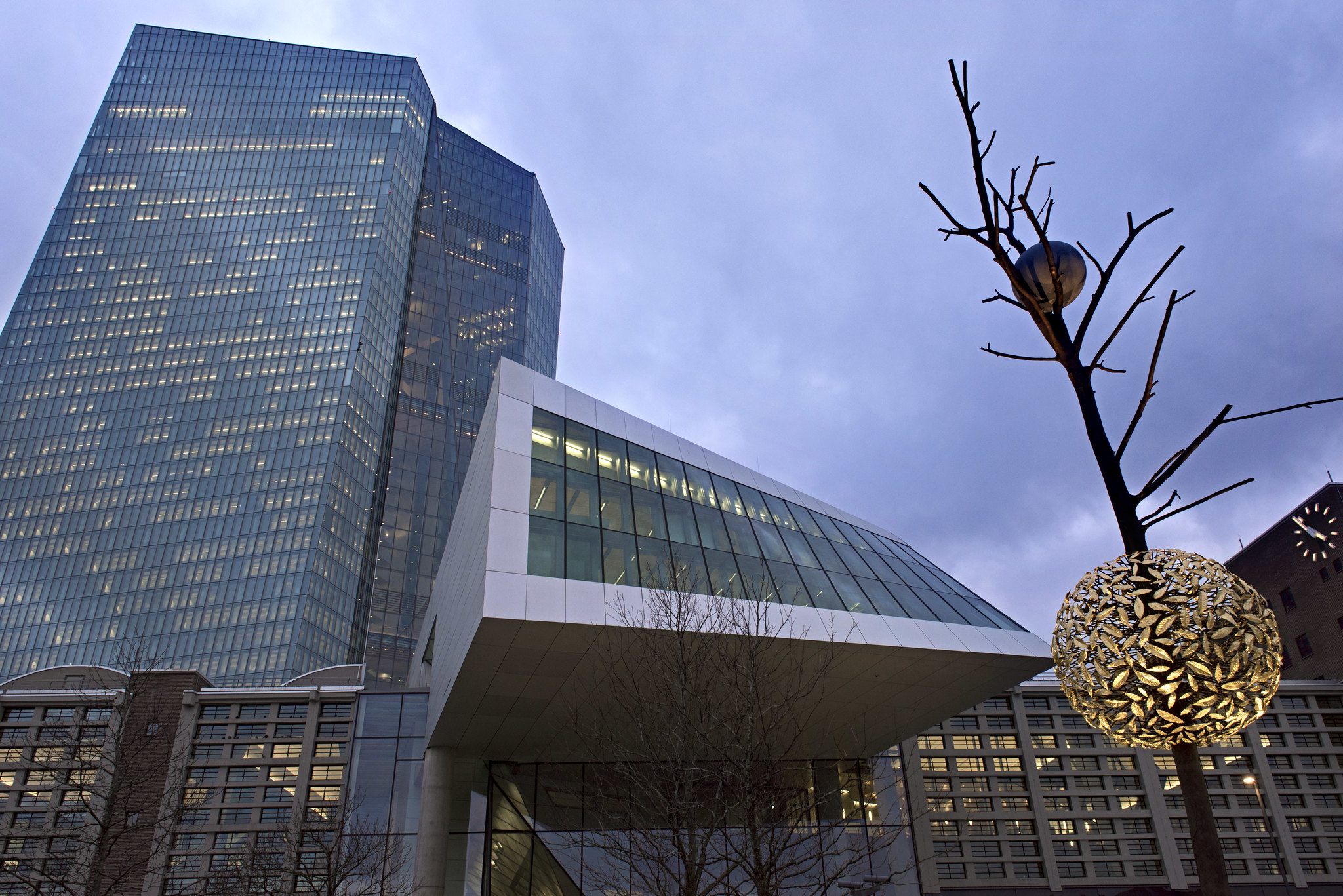BERLIN (Parliament Politics Magazine) – In order to combat eurozone inflation, which jumped to 8.6 percent last month, the European Central Bank (ECB) has increased the rate of interest for the first time since 2011.
The ECB unexpectedly increased its base rate by 0.5 percentage points, when economists had predicted a lesser increase of 0.25 percentage points.
The ECB said the hike was essential due to an increase in fuel and food prices that exhibits no signs of slowing down in the coming months, joining the US Federal Reserve and Bank of England in the effort to combat inflation.
They expect inflation to stay undesirably high for some time, said Christine Lagarde, president of the ECB, because of the ongoing pressures from food and energy prices, as well as pipeline pressures in the pricing chain.
At a press conference, she said that the depreciation of the euro versus the dollar has increased import costs which adds to inflationary pressures.
The 19-member currency bloc’s economic prognosis was getting weak at the same time, giving policymakers a headache as they assessed the likely course of inflation for the upcoming year.
If the economy experiences a recession, prices will be pushed down toward the ECB’s target of 2% without the need for additional interest rate increases.
Energy costs should stabilise in the future and supply constraints should loosen, she said, adding that this, along with the continuing policy normalisation, should help the return of inflation to their target.
An era of negative rates extending back to the Greek debt crisis of 2012 came to an end when the ECB increased its three main interest rates to 0.50 percent, 0.75 percent, and 0 percent, respectively.
The euro suffered losses versus the dollar and the pound early in the day, thanks to the wrong-footed currency traders.
The expectation is that US policymakers will raise the Fed’s benchmark interest rate by 0.75 percentage points when they meet next week, which might give the currency another boost.
Another rate hike by the Bank of England is also anticipated for August.
Austrian, Dutch and German authorities have put pressure on ECB officials to raise borrowing charges, amid worries that debt financing costs would rise for southern European members of the euro currency bloc.
The fall of Italy’s government this morning raised the cost of Rome’s borrowing and placed pressure on the ECB to intensify its “anti-fragmentation” programme, which is intended to shield nations that experience difficulties with debt financing.
Concerns about the recession have assisted in driving the euro to a 20-year low versus the dollar, which complicates the ECB’s work of combating inflation by raising already high energy prices. One of the numerous commodities with a dollar price is oil.
According to Carsten Brzeski, chief eurozone economist at ING bank, raising rates by 0.5 percentage points and weakening forward guidance implied that the ECB believes the window for a string of rate hikes was closing soon.
He claimed that while the rise in interest rate wouldn’t have an impact on the factors that cause inflation, the ECB was smart to make more of a statement in advance of a potential downturn.
The goal of the rise and any potential future increases is to lower inflation expectations and repair the ECB’s shattered credibility and reputation as an inflation fighter. The ECB’s move today demonstrates that credibility is more important to them than predictability, he added.
Earlier on Thursday, the Bank of Japan kept interest rates at very low levels and made clear that it intended to continue to defy the trend of tightening monetary policy.





